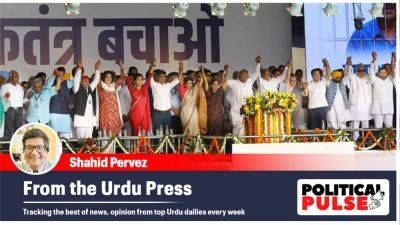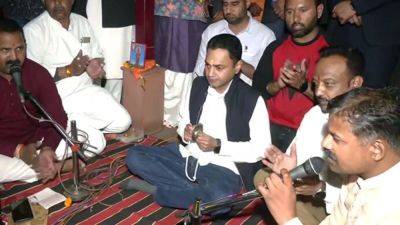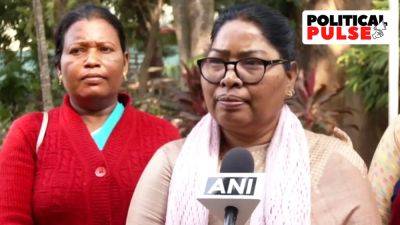One Nation, One Election: Ram Nath Kovind-led panel backs simultaneous polls: 10 frequently asked questions answered
The high-level committee on 'One Nation, One Election' on Thursday submitted its report to President Droupadi Murmu, pitching for simultaneous polls across the country.
The panel, headed by former president Ram Nath Kovind, has recommended amending the last five articles of the Constitution to enable the holding of simultaneous polls in the country after the upcoming Lok Sabha polls in 2024.
The Committee is of unanimous opinion that simultaneous polls should be held, the panel led by former said in its 18,626-page report.
Here are 10 frequently asked questions (FAQs) regarding One Nation One Election:
Simultaneous elections, popularly known as ‘One Nation, One Election,' means holding elections to Lok Sabha, all the state assemblies, and local bodies i.e., municipalities and panchayats, together.
The first four general elections involved simultaneous elections for the Lok Sabha and state assemblies. The Congress party was in power at both the national and state levels then. Hence it was possible until the fourth general election in 1967. Later, the elections were held separately due to the advancing of Lok Sabha polls by the Congress.
With the disruption of the cycle of simultaneous elections thereafter, the country now faces five to six elections each year. If municipal and panchayat elections are also included, the number of elections will increase manifold.
As of now, the coincide with four state assembly elections - Andhra Pradesh, Odisha, Arunachal Pradesh, and Sikkim.
Simultaneous elections have been drawing the attention of political parties and their leaders for quite some time now. The argument in favour of simultaneous elections is that frequent elections burden the government exchequer. Also, asynchronous







